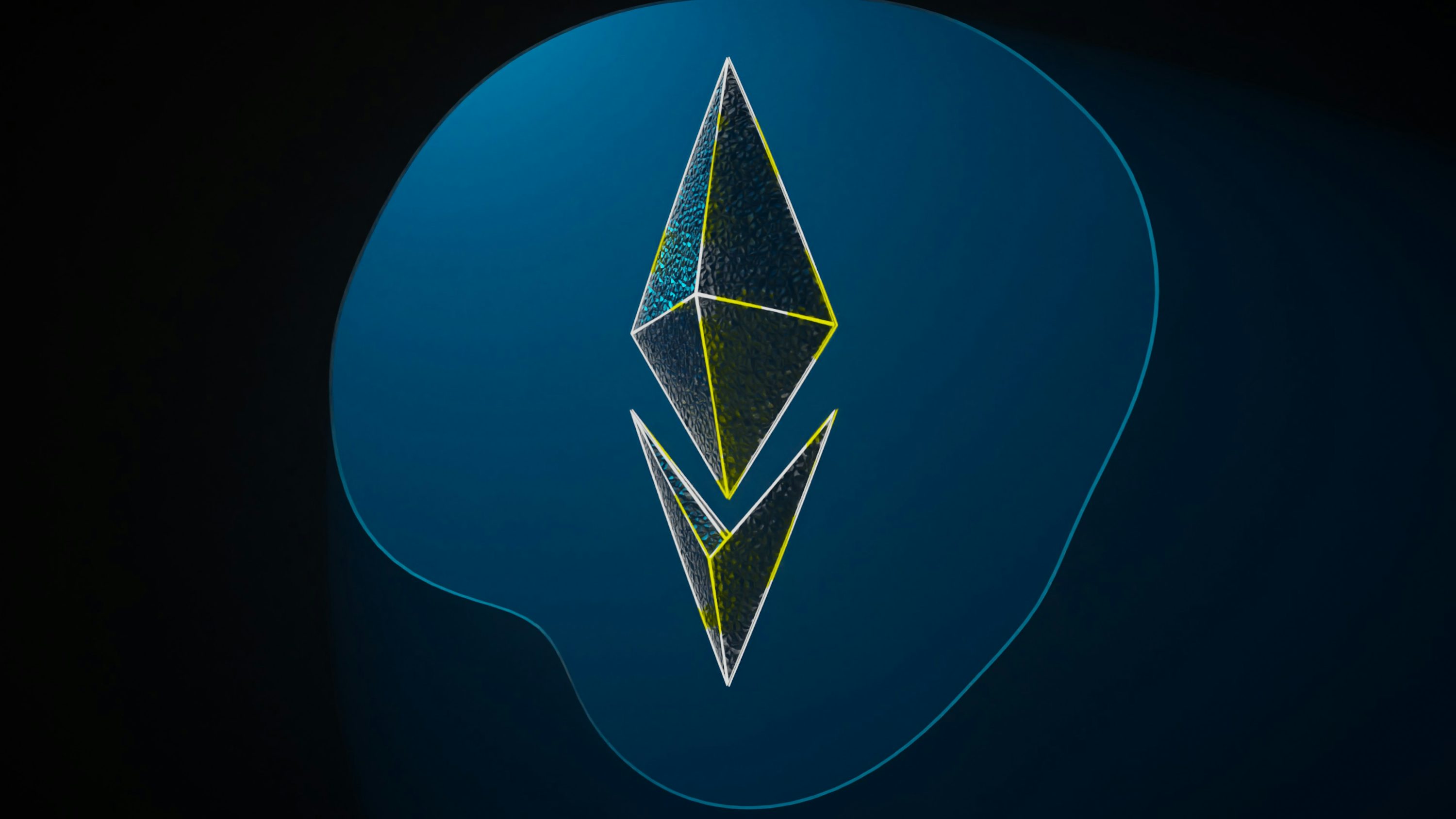TikTok ban: all the news on attempts to ban the video platform
Illustration: Nick Barclay / The VergeHere’s a roundup of all the news about politicians pushing to ban TikTok or force it away from ByteDance. Continue reading…
/cdn.vox-cdn.com/uploads/chorus_asset/file/23951407/STK051_VRG_Illo_N_Barclay_5_tiktok.jpg)
Discussions about banning TikTok, the short-form video app owned by Chinese company ByteDance, have seen politicians in the US and internationally accuse it of being a tool for propaganda and a security risk. Attempts to force a sale of TikTok began under the Trump administration and have continued in the US under the administration of President Biden but have so far been unsuccessful.
On March 13th, the House passed a bill that could ban TikTok, and President Biden has said he’ll sign it if it passes the Senate too.
In the meantime, a slew of TikTok bans across the US barred the app from devices tied to universities and government hardware at the state, local, and federal levels.
While some experts say there’s no evidence the app has done any more damage or risked user privacy beyond what we’ve seen from companies like Facebook or Google, politicians have continued to raise the prospect of attempting to ban TikTok entirely if they can’t force a separation from ByteDance.
Read on for all the latest news on a potential TikTok ban in the US.
Donald Trump has even more to say about the TikTok ban.
Appearing on CNBC’s Squawk Box, Trump explained, again, why he no longer supports the push to ban TikTok. “...without TikTok, you can make Facebook bigger and I consider Facebook to be an enemy of the people along with a lot of the media.”
And as for his own unsuccessful push to ban the ByteDance-owned app, he now claims “I had it banned just about, I could have gotten it done. But I said, ‘You know what, but I’ll leave it up to you.”
Former Activision CEO Bobby Kotick is apparently eyeing TikTok.
The former executive expressed interest in buying the app to the founder of TikTok’s parent company, according to The Wall Street Journal. China-based ByteDance could be forced to sell TikTok or else lose access to the US market should Congress pass a new bipartisan bill.
Kotick is looking for allies, tossing out the idea to a group including OpenAI CEO Sam Altman, per the Journal.
Republicans ignore Trump criticism, and plan to vote next week on a bill that could ban TikTok.
The Republican-controlled House is planning a speedy vote on a new bill that could ban TikTok unless it separates from its Chinese parent company. House leaders plan to bring the bill to a vote on Wednesday in an accelerated process that requires a two-thirds vote to pass, according to Semafor.
That says a lot about how much House Republicans care about this bill, considering that former President Donald Trump posted this on Truth Social after the committee vote to advance it:
If you get rid of TikTok, Facebook and Zuckerschmuck will double their business. I don’t want Facebook, who cheated in the last Election, doing better. They are a true Enemy of the People!
Turns out Congress might still want to ban TikTok.
After months of little serious discussion about TikTok on Capitol Hill, the House Energy and Commerce committee just unanimously passed a bill that could effectively ban the app unless it separates from its Chinese parent company ByteDance.
Chair Cathy McMorris Rodgers (R-WA) pointed to TikTok’s plea to users to contact their representatives about voting against the bill as “a small taste” of how the Chinese Communist Party can weaponize apps. After the vote, TikTok wrote on X that the “government is attempting to strip 170 million Americans of their Constitutional right to free expression.”
The TikTokers are revolting.
Apparently TikTok’s push notification warning is working, because congressional staffers say they’re flooded with calls protesting a new play to make Chinese owner ByteDance sell the app:
“It’s so so bad. Our phones have not stopped ringing. They’re teenagers and old people saying they spend their whole day on the app and we can’t take it away,” one House GOP staffer told POLITICO, granted anonymity to speak candidly.
TikTok is urging users to call Congress about a looming ban
Illustration by Nick Barclay / The Verge
As support grows for a bill in Congress that would effectively ban TikTok in the US, the video platform is trying to rally support among a key group: its own users.
TikTok sent users in the US a push notification on Wednesday, warning that “Congress is planning a total ban of TikTok” that would “[strip] 170 million Americans of their Constitutional right to free expression.” The page says that a ban would “damage millions of businesses, destroy the livelihoods of countless creators across the country, and deny artists an audience.” The alert includes a way for users to find their representative and call their office.
Senators find tech CEOs’ responses hollow after four-hour hearing
Lauren Feiner
During an unusually emotional hearing on Wednesday, senators spent hours trying to get a group of five tech CEOs to confront the harms their platforms have caused and submit to more checks on their power.
The Senate Judiciary Committee invited the CEOs of Meta, TikTok, Snap, X, and Discord to face the families of children who’d died following cyberbullying, sexual exploitation, or other harmful events on their platforms. They asked why Section 230, the law that shields online platforms from being held liable for their users’ posts, should stop these families from facing them in court.
TikTok’s CEO can’t catch a break from xenophobia in Congress
Photo by Celal Gunes/Anadolu via Getty Images
Today’s hearing on child safety was — mostly — an unusually focused affair. The Senate Judiciary Committee called up the CEOs of X, Meta, Snap, TikTok, and Discord and grilled them for four hours on the potential dangers their services posed for children. Many of the lawmakers emphasized emotional impact, playing to an audience filled with families who’d had kids targeted by predators or otherwise harmed online.
But midway through the hearing, it was dragged off course by a predictable tangent: the fact that TikTok is owned by Chinese company ByteDance. And a meeting ostensibly about keeping kids safe dipped into a now-familiar attempt to make TikTok CEO Shou Zi Chew answer questions utterly unrelated to the rest of the day.
Rep. Ro Khanna on what it will take for Congress to regulate AI, privacy, and social media
Photo illustration: The Verge | Photo Tom Williams / CQ-Roll Call, Inc via Getty Images
Today, I’m talking with Representative Ro Khanna. He’s a Democrat from California, and he’s been in Congress for about eight years now, representing California’s 17th District. It’s arguably the highest-tech district in the entire country.
You’ll hear him say a couple times that there’s $10 trillion of tech market value in his district, and that’s not an exaggeration: Apple, Intel, and Nvidia are all headquartered there. He’s also got a big chunk of Google’s offices. So, you know, no big deal.
Iowa sues TikTok for setting its App Store age rating too low
Illustration by Nick Barclay / The Verge
TikTok is getting sued by the state of Iowa over claims that it’s lying to parents about the presence of sexual content, drugs, alcohol, profanity, and other inappropriate material in the app. In a lawsuit filed on Wednesday, Iowa Attorney General Brenna Bird claimed TikTok is making this kind of content “easily accessible” to young users while maintaining an inaccurate “12+” age rating on the Apple App Store.
As noted in the lawsuit, a 12-plus rating on the App Store means an app has “infrequent/mild” sexual content, profanity, crude humor, suggestive themes, and references to alcohol, tobacco, or drug use. However, the state of Iowa claims the content on TikTok’s app doesn’t fit this description, adding that it would receive a 17-plus label if “correctly” rated by TikTok. The state alleges TikTok’s “T” for “Teen” ratings in the Google Play Store and Microsoft Store are also inaccurate.
Judge upholds Texas TikTok ban on state employee devices.
The ban was challenged by the Knight First Amendment Institute at Columbia University in July, arguing that it’s “preventing or seriously impeding faculty” from undertaking research related to the app. College students and staff across the state have nevertheless found ways to sneak around the ban.
US District Judge Robert Pitman rejected the suit on Monday, calling the ban a “reasonable restriction” in light of Texas’ concerns about data privacy.
TikTok’s biggest hits are videos you’ve probably never seen
Illustration by Nick Barclay / The Verge
It’s the most wonderful time of the year: when TikTok publishes its annual roundup of the biggest hits, and I get to see what everyone else has been doing on the app all year.
Despite the hold TikTok has on our cultural and political psyche, it’s hard to tell what exactly is going on across the platform. Seeing something served up on your For You page doesn’t mean it’s a thing all the kids are doing — it just means that the algorithm decided you might watch it based on what you spend your time doing on the app. Out of the bottomless supply of videos posted each day, you’re being fed everything from celebrity clips with millions of views to videos from random accounts with zero likes and zero comments. None of our For You pages look the same by design.
TikTok is committing €12 billion to data security in Europe.
The money will go towards Project Clover, TikTok’s initiative to house European user data on local servers to address concerns from regulators.
TikTok’s data center in Ireland is already up and running, but it’s already working on another in Norway, where it expects data migration to begin in late 2024. Once complete, TikTok says its Norway facility will be the “largest data centre in Europe.”
TikTok is ‘aggressively removing’ videos promoting an Osama bin Laden manifesto
Illustration by Nick Barclay / The Verge
TikTok is taking action against content promoting the manifesto Osama bin Laden wrote discussing his supposed motivations for the 9/11 terrorist attacks. In a statement on X (formerly Twitter), TikTok says it’s “proactively and aggressively removing this content and investigating how it got onto our platform.”
Dozens of videos about the manifesto, titled “Letter to America,” have surfaced on TikTok over the past several days, with CNN reporting the topic amassed “at least” 14 million views by Thursday. Originally published in 2002, the manifesto criticizes the US government’s presence in the Middle East and support of Israel. However, some creators are now trying to apply that criticism to the US government’s response to the ongoing Israel-Hamas war.
Nearly one-third of young adults are regularly getting news from TikTok.
In 2020, the share of Americans age 18-29 who could say the same was just 9 percent, according to a new poll from Pew Research. Additionally, 43 percent of TikTok users report consuming news on the platform, up from 22 percent in 2020.
Social media giants must face child safety lawsuits, judge rules
Photo by Amelia Holowaty Krales / The Verge
Meta, ByteDance, Alphabet, and Snap must proceed with a lawsuit alleging their social platforms have adverse mental health effects on children, a federal court ruled on Tuesday. US District Judge Yvonne Gonzalez Rogers rejected the social media giants’ motion to dismiss the dozens of lawsuits accusing the companies of running platforms “addictive” to kids.
School districts across the US have filed suit against Meta, ByteDance, Alphabet, and Snap, alleging the companies cause physical and emotional harm to children. Meanwhile, 42 states sued Meta last month over claims Facebook and Instagram “profoundly altered the psychological and social realities of a generation of young Americans.” This order addresses the individual suits and “over 140 actions” taken against the companies.
Judge questions Montana’s ban on TikTok
Illustration by Nick Barclay / The Verge
A federal district judge voiced skepticism over Montana’s first-in-the-nation ban of TikTok during a hearing in Missoula on Thursday.
TikTok and several platform creators sued Montana earlier this year, calling the state’s ban unconstitutional and infringing on the free speech rights of both the company and users. Throughout Thursday’s hearing, attorneys for the plaintiffs argued that Montana’s ban was “overbroad,” while the state’s defense claimed it was necessary to protect the online privacy of Montana residents.
VPNs, Verizon, and Instagram Reels: how students are getting around the TikTok ban
Photo by Tharaka Basnayaka / NurPhoto via Getty Images
When he first read the email announcing that public universities in Texas had been asked to ban the use of TikTok on their campuses, UT Dallas student Eric Aaberg feared the worst. As a full-time content creator with over 10,000 followers on the platform, the app was central to his life. Would he be forced to delete it? Would he be punished if he were caught using it?
“I was like, ‘Oh my gosh, are you serious?’” Aaberg recalls. “That’s so BS. There’s no way.”

 Kass
Kass 
































